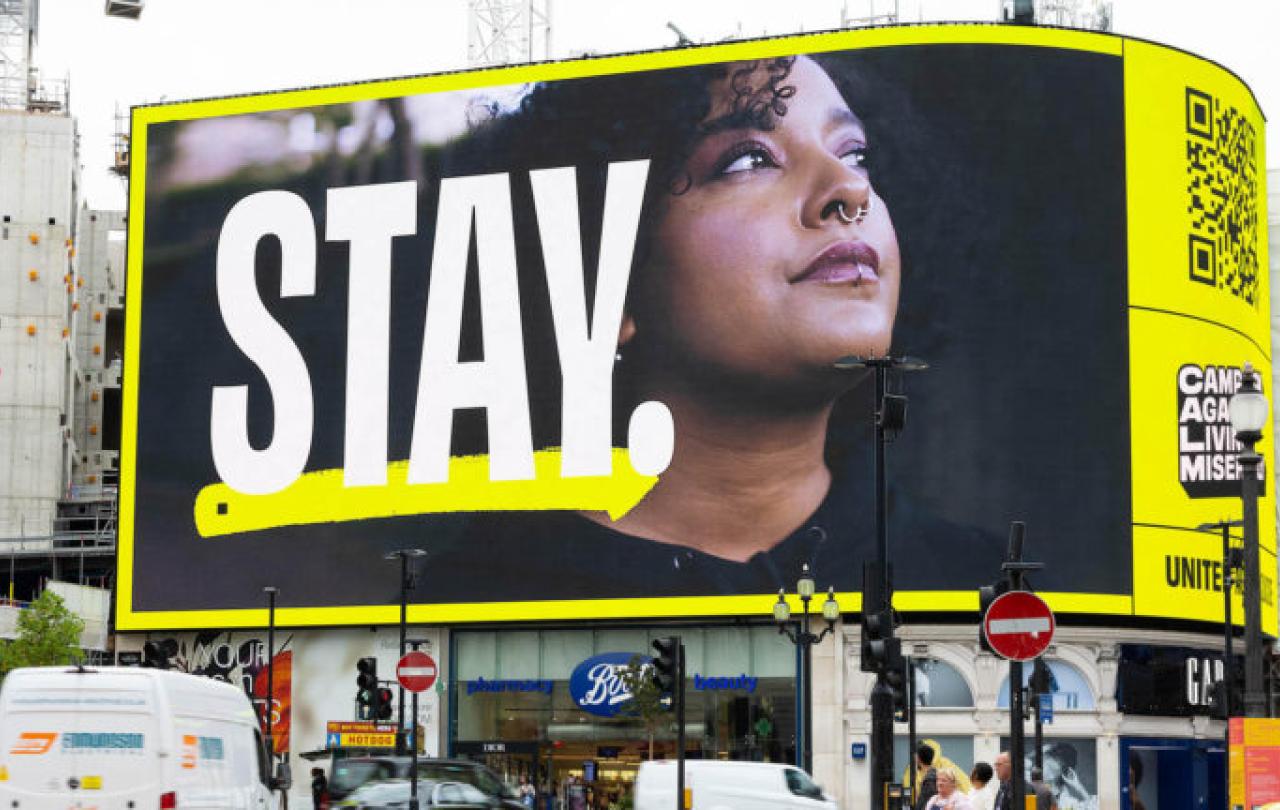
The end, when it comes, can be nasty, brutish and filmed.
Muammar Gaddafi, self-styled Brotherly Leader and Guide of the Revolution, spent the last moments of his life cowering in a Libyan sewer after an air strike on his convoy. On discovery, a mob subjected him to some ghastly final abuses before death – the kind of ending he had mercilessly condemned thousands to. It was almost biblical in its parabola, and it was recorded on a wobbly camera.
But it was not the first of its kind in this generation. On Christmas Day 1989, the disfigured face of Nicolae Ceausescu was broadcast on TV following his summary execution by hastily assembled opposition forces in Romania. Only days previously, he had been an unassailable dictator.
Vladimir Putin has spoken about Gaddafi’s ending, and it clearly troubles him, but perhaps Ceausescu’s death is lodged in the dark recesses of his mind because it was the one bloody end of all the communist leaders of eastern Europe.
Being a dictator is an all-consuming job. Too many domestic and foreign enemies are made along the way for the dictator to drop their vigilance. And their downfall often comes at the hands of those closest to them; by definition, these people know the dictator’s movements and weaknesses better than others and are best placed to exploit them. The military must be equipped to suppress dissent, but give it too much power and the generals pose a risk to the dictator. Yet if the military lacks the hardware, control of the population becomes harder. Many dictators surround themselves with specially trained loyal guards to defend against the military, but the rule of terror means no-one speaks the honest truth and so risks appear everywhere. No wonder dictators are usually paranoid and themselves racked with the fear that a culture of capricious violence induces in everyone.
These and other theories are explored by Marcel Dirsus in his compelling book How Tyrants Fall (John Murray, 2025). Dirsus notes how dictators require money, weapons and people to survive in office and for the elites around them to believe these goods will remain in place. They also need to immerse the surrounding elites in blood guilt, so that their fate becomes entwined with the dictator’s; Saddam Hussein compelled others to join him in the murder and execution of opponents.
For Dirsus, there are two ways to topple a tyrant. The most direct is to take them out, but this is rarely straightforward. Coup attempts are often shambolic in their planning and even well-orchestrated ones usually fail; the consequences for those implicated are always horrendous. The second route is patient and pragmatic, looking to weaken the tyrant, strengthen alternative elites and empower the masses. External powers often have minimal influence unless, like the US in Iraq, the country is invaded and the tyrant deposed. Sanctions often fail to hurt the elites; a state’s geographic proximity to the tyrant’s nation can be useful, as it gives a base from which opponents of the regime can work.
Modern technology is changing the face of political action, making it easier for large groups to mobilise against regimes, as seen in the short-lived Arab Spring. It also enables dictators to track opponents more successfully than even the feared Stasi in East Germany. Right now, it feels like the tyrants are ahead in this game.
Shortly after the full-scale Russian invasion of Ukraine in February 2022, a friend said to me that he was praying for Putin’s death or downfall. I asked him how sure he was that the person who replaced Putin would be better. If the pragmatic route for toppling a dictator involves strengthening different elites and empowering the masses, the likelihood is that the elites will take over, not the masses. Dictators never allow the components of civil society to form; democratic institutions take decades to build. And they rarely anoint successors in advance, for fear alternative power bases are created. When dictators fall, it usually leads to initial chaos and violence before another elite can establish itself from which a new dictator will emerge.
In her inspired song of praise at the news she would give birth to the long-awaited Messiah, Mary observes how God ‘has brought down the powerful from their thrones and lifted up the lowly’. It is a role reversal typical of St Luke, recorder of Mary’s song, a gift of eschatology many want realised today, not just in the world to come. When the powerful are brought down from their throne today, they are typically replaced by the next most powerful person, and if the throne remains vacant or is contested, what follows often feels like the spirit that went out of a person in Matthew Gospel returning with seven other spirits more evil than itself, meaning ‘the last state of person is worse than the first’.
This need not be a counsel of despair, but a call to informed intercessory prayer which is short on controlling advice for God’s geo-political strategy, and long on the wisdom and patience of the one throne that endures.
Celebrate our 2nd birthday!
Since March 2023, our readers have enjoyed over 1,000 articles. All for free. This is made possible through the generosity of our amazing community of supporters.
If you enjoy Seen & Unseen, would you consider making a gift towards our work?
Do so by joining Behind The Seen. Alongside other benefits, you’ll receive an extra fortnightly email from me sharing my reading and reflections on the ideas that are shaping our times.
Graham Tomlin
Editor-in-Chief





